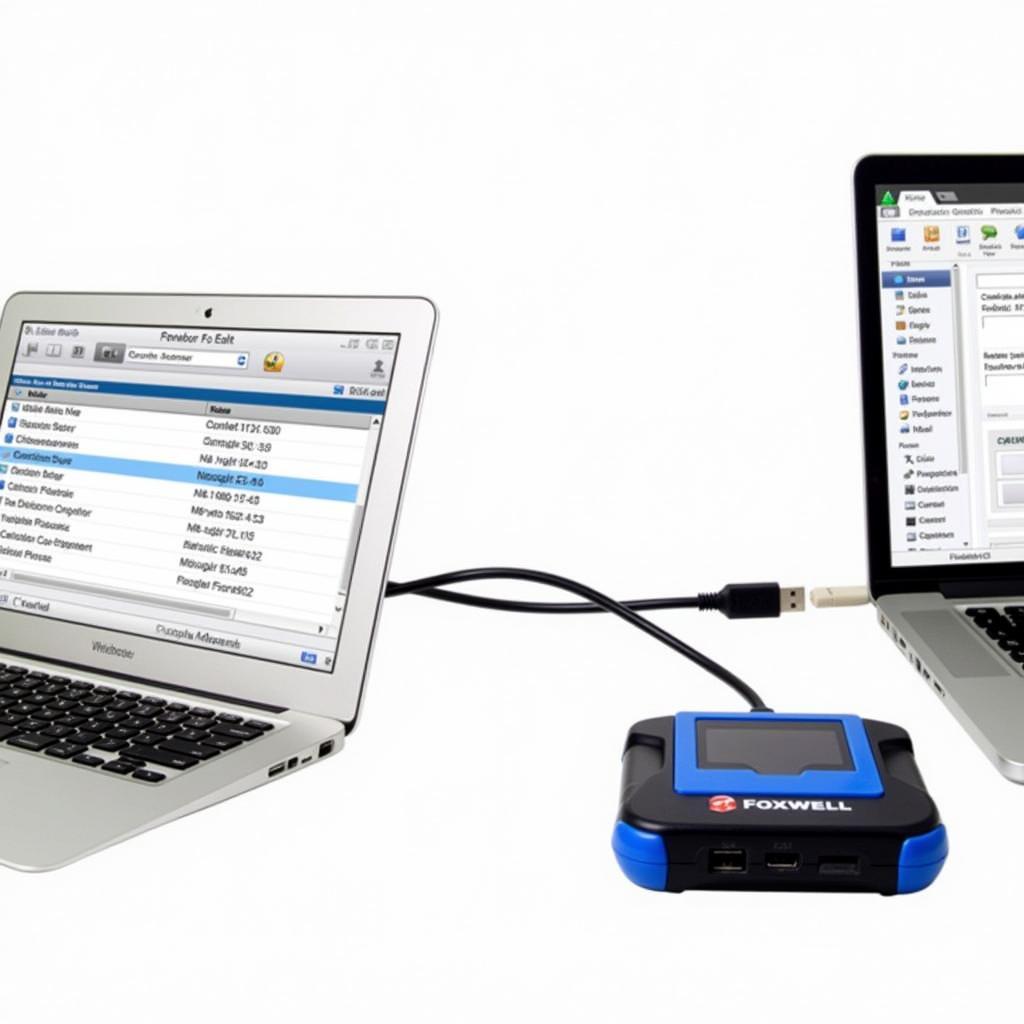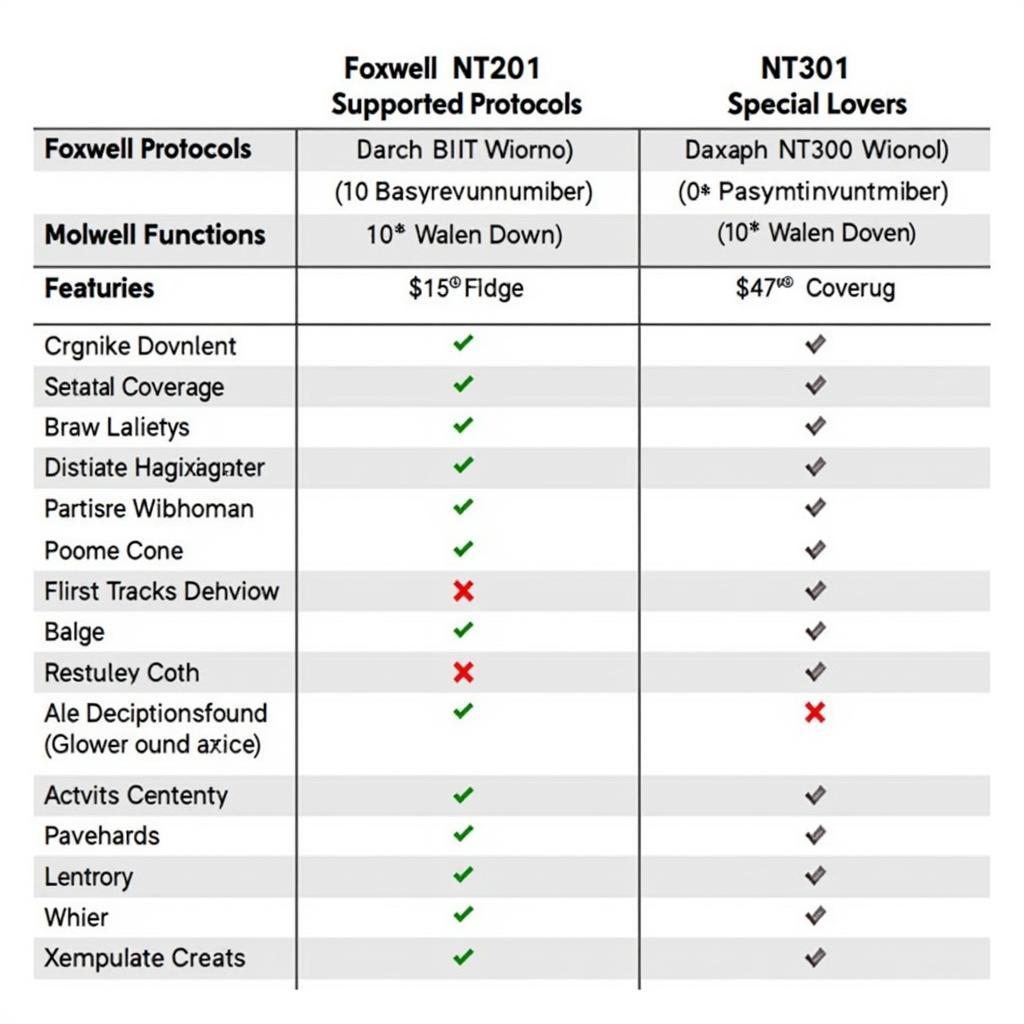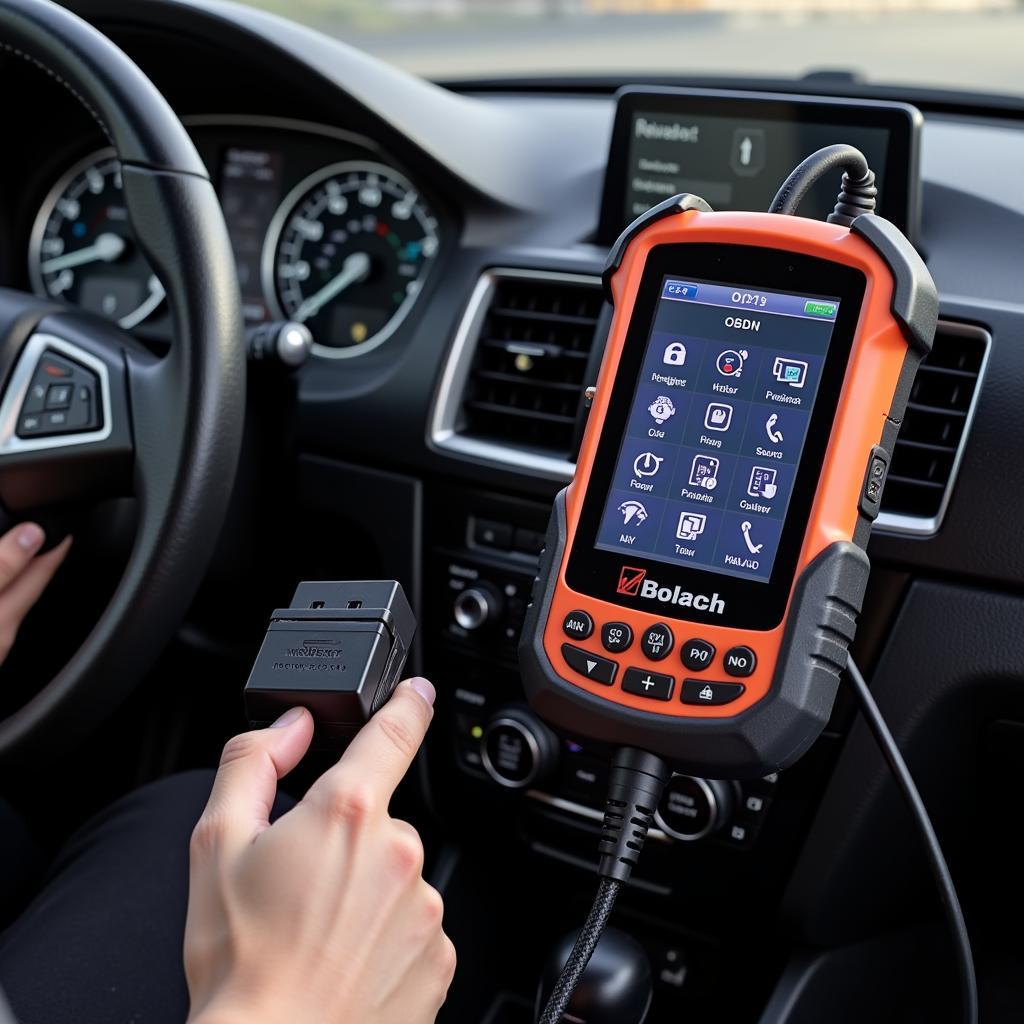Finding a reliable automotive electrician in Norfolk, VA 23502 can be a challenge, especially when dealing with complex electrical issues. Whether you’re struggling with a faulty sensor, a dead battery, or a complete electrical system failure, you need a solution you can trust. This article dives into the world of automotive electrical troubleshooting, providing you with expert guidance to navigate these challenges.
Understanding the Complexities of Automotive Electrical Systems
Modern vehicles heavily depend on intricate electrical systems that control everything from engine management to comfort features. These systems comprise a network of sensors, actuators, control modules, and wiring harnesses, all working together to ensure your vehicle operates as intended.
[image-1|car-electrical-system-diagram|Car Electrical System Diagram| A comprehensive diagram illustrating the various components of a modern car’s electrical system. It showcases the interconnectedness of the battery, alternator, starter, fuses, wiring harnesses, and various electronic control units (ECUs). This visual representation emphasizes the complexity and importance of a well-functioning electrical system in modern vehicles.]
When even a single component malfunctions, it can trigger a cascade of issues, leading to frustrating and potentially dangerous driving experiences. Identifying the root cause of these problems often requires specialized knowledge, advanced diagnostic tools, and a deep understanding of automotive electrical principles.
Common Automotive Electrical Problems and Their Symptoms
A wide range of issues can arise within a vehicle’s electrical system. Recognizing the symptoms can help you narrow down the potential culprits and seek appropriate assistance.
1. Battery Problems
The battery is the heart of your car’s electrical system. Common symptoms of battery problems include:
- Slow engine cranking: Your engine struggles to turn over when you start the car.
- Dim headlights and interior lights: Lights appear weaker than usual, especially at idle.
- Clicking sound when turning the key: This indicates the battery has insufficient charge to engage the starter motor.
2. Alternator Malfunctions
The alternator recharges the battery while the engine is running. Common alternator issues include:
- Warning light on the dashboard: The battery or charging system light illuminates.
- Dim or flickering lights: Similar to battery problems, but more pronounced when driving.
- Whining noise from the engine bay: This can indicate a failing alternator bearing.
3. Sensor Failures
Modern vehicles utilize numerous sensors to monitor various systems. A failing sensor can disrupt engine performance, emissions control, and safety features.
- Check engine light illumination: The check engine light might be triggered by a faulty sensor.
- Poor fuel economy: A malfunctioning oxygen sensor can lead to decreased fuel efficiency.
- Rough idling or acceleration: Issues with the mass airflow sensor (MAF) or throttle position sensor (TPS) can cause these symptoms.
Diagnostic Tools for Automotive Electrical Troubleshooting
Accurately diagnosing electrical issues requires the use of specialized tools that allow you to delve into the intricate workings of the system.
1. Multimeters
Multimeters are essential for measuring voltage, current, and resistance in electrical circuits. These measurements can help you pinpoint faulty wiring, bad connections, and failing components.
[image-2|automotive-multimeter-in-use|Using an Automotive Multimeter| A close-up image of an automotive multimeter being used to test the voltage of a car battery. The multimeter probes are connected to the battery terminals, and the digital display shows the voltage reading. This image highlights the importance of multimeters in diagnosing electrical issues by allowing technicians to measure and verify electrical values.]
2. Scan Tools
Scan tools are advanced diagnostic devices that connect to your vehicle’s onboard computer system (ECU). They allow you to read and interpret diagnostic trouble codes (DTCs), providing valuable insights into the nature of the electrical problem.
“Using a high-quality scan tool is crucial for accurate diagnosis,” says John Miller, an experienced automotive electrician with over 20 years of experience. “It’s like having an X-ray vision into your car’s electrical system, revealing the underlying problems that traditional methods might miss.”
3. Circuit Testers
Circuit testers, often in the form of test lights or probes, are used to check for the presence or absence of voltage and continuity in electrical circuits. They help identify open circuits, short circuits, and ground faults.
Seeking Professional Assistance for Complex Electrical Issues
While some electrical issues can be resolved with basic DIY troubleshooting, complex problems often demand the expertise of qualified automotive electricians. These professionals possess the knowledge, experience, and specialized equipment to efficiently diagnose and repair even the most challenging electrical faults.
If you’re facing persistent electrical problems in Norfolk, VA 23502, ScanToolUS can provide the expert assistance you need. Our team of certified technicians is equipped with cutting-edge diagnostic tools and a wealth of experience in resolving all types of automotive electrical issues.
Conclusion
Navigating the complexities of automotive electrical systems can be daunting, but understanding the basics of troubleshooting and seeking professional help when needed can save you time, money, and frustration. Remember, addressing electrical problems promptly ensures your vehicle’s safety and reliability.
If you are in the Norfolk, VA 23502 area and encounter electrical issues with your vehicle, feel free to reach out to us. ScanToolUS has a dedicated team ready to assist you. Contact us at +1 (641) 206-8880 or visit our office at 1615 S Laramie Ave, Cicero, IL 60804, USA.
FAQs about Automotive Electrical Issues
1. How often should I get my car’s battery checked?
It’s recommended to have your car battery tested at least once a year, especially as it ages beyond three years old.
2. What should I do if my car won’t start?
Check the battery connections first. If they’re loose or corroded, tighten or clean them. If that doesn’t work, you may have a dead battery requiring a jump-start or replacement.
3. Can I drive my car with the check engine light on?
It depends. If the light is flashing, it indicates a serious problem requiring immediate attention. If it’s steadily lit, you can usually drive for a short period, but it’s best to get it checked soon.
4. What causes a car horn to stop working?
A faulty horn relay, blown fuse, broken horn contact, or damaged wiring could be the culprit.
5. How can I prevent electrical problems in my car?
Regular maintenance, including battery checks and inspections of wiring and connections, can significantly reduce the risk of electrical issues.



